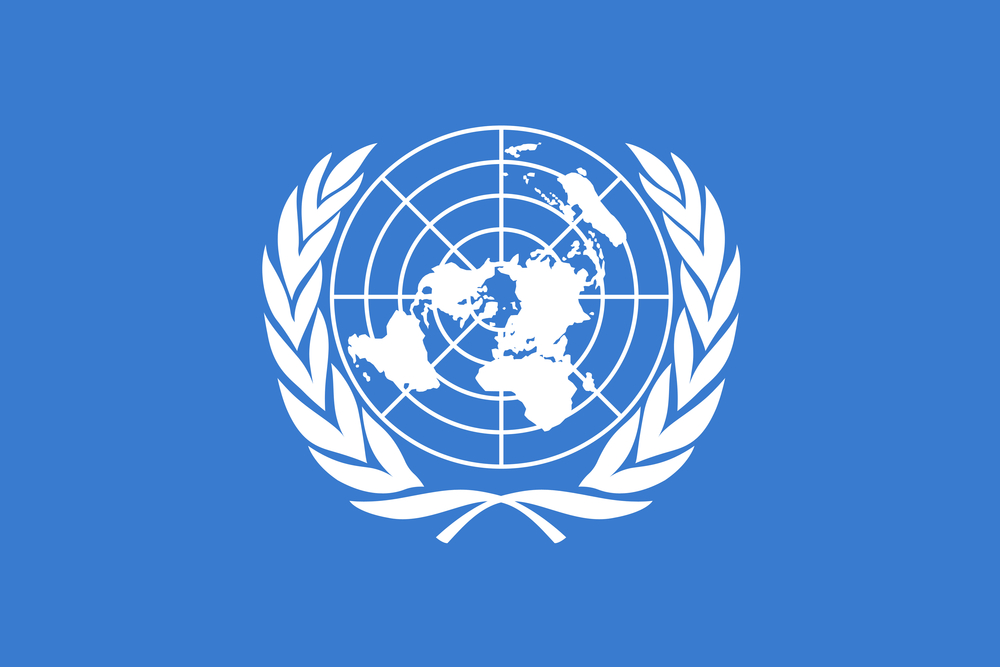According to a Reuters report yesterday, the U.S. is among a few countries withholding support for a United Nations proposal that would declare that access to safe and healthy environment is a human right. Our imperialist parent (the U.K.) and Russia, who just started their 3-year term on the Human Rights Council, also has issues with this. While the U.S. (and others iffy on the report) doesn’t sit on the committee and lacks voting power, we are still an influence-wielding nation for better or worse, meaning this is a bad look.
In 1948, the U.N. General Assembly adopted the Universal Declaration of Human Rights. Since then, there have been a few extensions to address the universal rights of Indigenous Peoples, and more. This call to adopt the right to a clean environment begin in the ’90s as a discussion. Since then, instead of a sweeping resolution (that the U.N. is working towards today), they addressed specific environmental aspects like drinking water and sanitation.
If adopted, environmental defenders say it will pressure countries to join the more than 100 nations that already recognize a legal right to healthy surroundings 3/5 pic.twitter.com/fW4Q8cVQf3
— Reuters Science News (@ReutersScience) October 5, 2021
No one should be surprised that the U.S. and others either object to or don’t support this measure. History and present ambivalence can give us some insight as to why the United States would hold back support of the newly proposed addition to the list of human rights.
For one, this country constantly violates some of the original universal freedoms, even the ones outlined in our constitution, which predates the U.N. by over a hundred years. This would include freedom of peaceful assembly/association, equality before the law, and much more. You can turn on the news almost every day and see these violations, especially if you live within 100 miles of a border or port (a.k.a. 66% of the country’s population), an area the ALCU calls the “Constitution Free Zone.”
Also, we have so many places in this country that continue to be in violation of this proposal in particular. Flint, Michigan still doesn’t have clean, safe water. The Black Belt in Alabama has little to no sewage infrastructure, causing wastewater to bubble up in people’s yards. Places with fracking (like the Permian Basin) often result in surrounding communities getting free, flammable water.
In addition to region-specific issues, every major city with a port has a part of town with higher rates of cancer, asthma, etc. due to pollution from shipping and plants. In Harris County (Houston), where I live, that area is east and southeast Houston. All of these situations exclude the accidents and leaks caused by major companies that get off relatively scot-free.
These are just the general things I thought of and fact-checked with no need to even look for other potential examples. They are everywhere, from national news to local media. Toxic environments are the subject of many movies, from Erin Brockovich to Dark Waters. This is before getting into what we have done to other nations in the name of Manifest Destiny or as the world police. Conservatives are barely coming around to the fact that climate change is a human-made disaster and that there will be long-term (probably permanent) implications. Both major U.S. political parties, however, have done little to address the immediate effects of the growing toxic sites and still inhumane environmental conditions experienced by Americans.
This is all to say that we shouldn’t be surprised, but we need to demand better. The Biden Administration claims to want to push toward combatting climate change and tackling infrastructure. Both need to be paired with harsher crackdowns on violations both on the business side and discriminatory inaction on the municipal side, and more funding of the EPA. On a local level, this means finding what problems exist and speaking up about them. If you look, you will quickly find them.
According to the World Health Organization, almost 25% of all deaths in the world (over 13 million) are linked to human-caused environmental issues like chemical exposure, as well as both water and air pollution. In 2019, the U.S. ranked 7th in the world for pollution-related deaths. This doesn’t account for the premature deaths, and there are already 100 nations that recognize the right to a clean environment.
The act of vocally supporting this measure as a nation would open up the conversation (which needs to be quickly followed up with action) to enact follow-through here at home. The UN can’t hold us to account the way the institution is set up, but Americans can if this is even on the agenda. We need permanent domestic and international solutions from Congress so the next comic book villain doesn’t come in and have us start from scratch.
(via Reuters, image: United Nations.)
Want more stories like this? Become a subscriber and support the site!
—The Mary Sue has a strict comment policy that forbids, but is not limited to, personal insults toward anyone, hate speech, and trolling.—










Published: Oct 6, 2021 03:41 pm